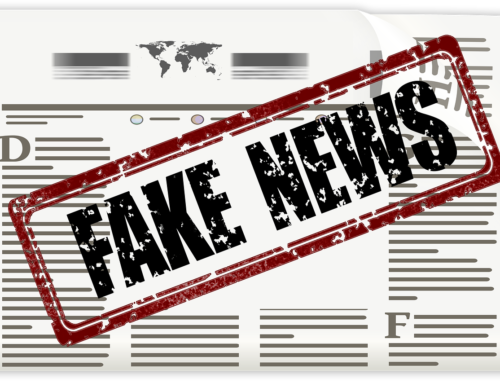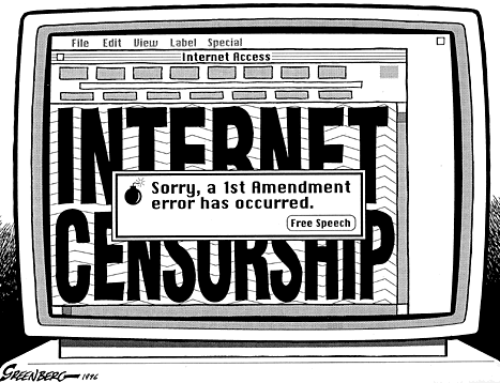The United States International Trade Commission (ITC) recently overturned the Trump administration’s decision to impose tariffs of up to 30 percent on Canadian newsprint. The President’s policy went into effect in early 2018. The ITC ruled that Canadian imports don’t cause “material injury” to U.S. paper producers. There is potential that the ruling will be appealed, but that’s unlikely to achieve much since the decision was made unanimously by the ITC’s five-member body.
While this is a victory for First Amendment freedom of speech and freedom of the press, it doesn’t undo the damage that the tariffs have already caused. Over the past several months the newsprint tariffs have pummeled newspapers that were already struggling with reduced print readership. Papers that had to downsize as a result of the tariffs aren’t likely to resume prior production.
The New York Times quoted Jay Seaton, the publisher of The Grand Junction Daily Sentinel in Colorado: “I think the tariffs perhaps accelerated an inevitable conversion to digital delivery of news and newspapers. My preference would be to be able to deliver The Daily Sentinel to people in every medium that they want to consume it.” Crystal Dupre, the publisher of The Bryan-College Station Eagle in Bryan, Texas, was also quoted: “When any recession hits businesses, they’re forced to make decisions that they wouldn’t necessarily want to make. Once they make them and see they can still function that way, do they go back to how they were? I don’t know the answer.”
Newspapers that were forced to reduce publication frequency and layoff employees aren’t likely to restore pages or jobs despite the reprieve the ITC’s ruling affords. The resulting limited distribution of information is a huge issue. While our economy is rapidly becoming more digitized, there are still many rural areas where online access is limited. In those areas it’s especially important that citizens have regular access to a reliable newsprint source and there’s a good chance their newspapers have been affected by the tariffs.
Northern Pacific Paper Company (NORPAC), the single complainant that originally requested the tariffs on Canadian newsprint, is one of few (if not the only) organizations to benefit from the levies. The tariffs allowed NORPAC to restart ad idled paper machine and hire 60 employees. Craig Anneberg, CEO of NORPAC, has not given up the fight. In a statement CNN quoted Anneberg as saying that the company intends to review the commission’s “written determination when it is issued in a few weeks, and we will assess our options at that time.”
The ITC’s full report will be made available to the public on October 8th.






Leave A Comment